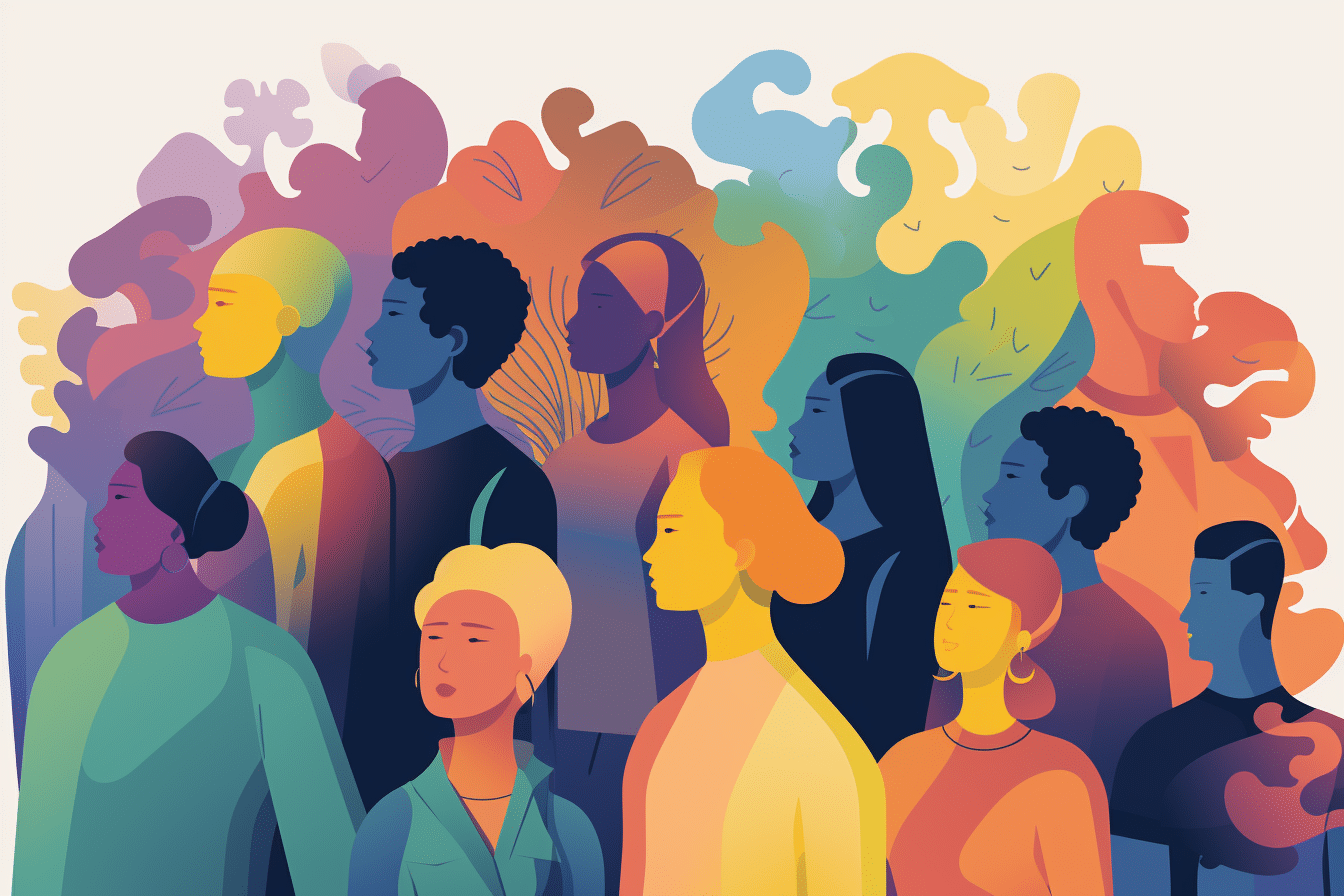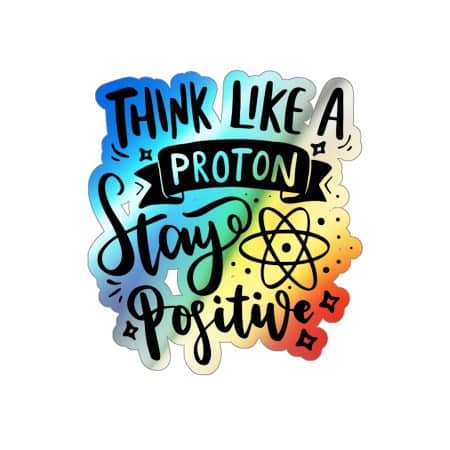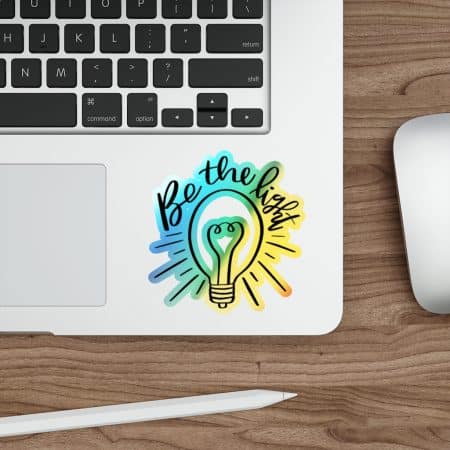Hello, skill-seekers! Welcome to “Level Up Your Skills,” where we believe that personal and professional growth is a lifelong journey. We’re all about nurturing that mindset of continual learning and development to help you become the best version of yourself.
Today, we’ll discuss a topic essential in the modern world – soft skills. Yes, those excellent, indispensable qualities can make you an absolute star, personally and professionally!
Now, some people have a natural flair for these skills. They’re the ones who walk into a room and immediately light it up with their charismatic presence. They’re the folks who can effortlessly negotiate a tricky deal, lead a team to victory, or manage a crisis with aplomb. But here’s the thing – even if these soft skills don’t come naturally, there’s no reason to fret! With conscious effort and dedicated practice, anyone can develop them. Yes, even you!
What Are Soft Skills?
Soft skills are personal attributes, character traits, or interpersonal abilities that affect your relationships with others. Soft skills are more abstract and often intangible than hard skills, which can be measured and validated. They include empathy, communication, leadership, problem-solving, and adaptability.
Soft skills have emerged as the secret sauce for success in a rapidly changing world. They differentiate an average professional from a fantastic one, a good friend from a great one. They’re the skills that help you navigate life’s twists and turns with grace and resilience.

Why Are Soft Skills Important?
Think about the best leaders, teammates, or friends you know. Chances are, they all have excellent soft skills! They’re the people who know how to connect with others on a deep level, inspire and motivate those around them, and face challenges with positivity and grit.
Employers are always on the lookout for individuals with well-developed soft skills. A recent LinkedIn survey revealed that 57% of senior leaders believe soft skills are more important than hard ones. These are the skills that can make you indispensable in the workplace!
How To Develop Soft Skills?
Here’s the best part – developing soft skills is entirely within your power! All it takes is practice, feedback, and a dash of self-awareness. Here are some strategies to get you started.
Reflect And Identify
Begin by identifying the soft skills you’d like to improve. Are you an introvert who struggles with public speaking? Do you find it challenging to make decisions under pressure? Take a step back, reflect on your interactions with others, and pinpoint the areas where you’d like to grow.
Practice, Practice, Practice!
Once you’ve identified your areas of improvement, the next step is to work on these skills and practice. Soft skills are like muscles – the more you work them, the stronger they get. Look for opportunities to apply these skills, whether volunteering for a presentation or attending events to grow or nurture your personal or professional network.
Seek Feedback
Be bold in asking for feedback. Find people you trust and respect, and ask them to give you honest feedback about your soft skills. Other people’s perspectives can help you understand your strengths and identify areas for improvement from an external perspective.

Learn from Others
Observe and learn from people who demonstrate solid soft skills. Watch how they handle various situations and communicate, lead, and solve problems. You’ll be surprised at what you can learn by being a keen observer!
Cultivating Core Soft Skills
Let’s look at some specific soft skills you can develop right now.
Communication
The ability to communicate effectively is a top soft skill. Effective communication is expressing yourself clearly, listening attentively, providing and receiving feedback constructively, and adapting your communication style to your audience.
Consider Sarah, a brilliant coder at a tech startup. She has an impressive portfolio and is known for her technical acumen. But when it comes to communication, Sarah faces challenges. In team meetings, she often needs help articulating her ideas clearly, making it difficult for her colleagues to understand her viewpoints or suggestions. Sometimes her emails are short or ambiguous, leaving room for misinterpretation.
Additionally, Sarah tends to shy away from face-to-face conversations and avoids giving presentations, missing out on opportunities to share her knowledge or advocate for her ideas.
Sarah’s situation reflects the challenges faced by those with undeveloped communication skills. Despite her technical prowess, her inability to communicate effectively can hinder collaboration, idea sharing, and even her career advancement.
The silver lining is that communication skills, like other soft skills, can be developed over time. Sarah can enhance her communication skills with dedicated practice, such as actively participating in meetings, seeking feedback on her written communication, and even taking up public speaking or presentation skills workshops.
Remember, the journey to becoming an effective communicator isn’t an overnight transformation but a gradual learning, practicing, and evolving process. The first step, however, is to recognize the need for improvement and be willing to make an effort.
Emotional Intelligence
Emotional intelligence is about understanding others’ feelings and managing your emotions when dealing with people. People with high emotional intelligence empathize with others, manage stress, overcome challenges, and navigate social interactions smoothly.
Imagine you’re part of a project team at work. One of your teammates, let’s call him Jack, is super talented and has all the hard skills required for the job. But Jack has a weak spot – he struggles with emotional intelligence.
When team discussions get heated, Jack quickly becomes frustrated, withdraws, or reacts defensively. He tends to misinterpret colleagues’ feedback, viewing it as a personal attack rather than constructive criticism. He struggles to understand the feelings of others and often comes off as insensitive or aloof, making it hard for other team members to connect with him on a personal level.
This lack of emotional intelligence not only hampers Jack’s growth but impacts the overall dynamics of the team, leading to communication breakdowns and an unproductive work environment.
This scenario emphasizes the importance of emotional intelligence in our professional life. Without it, even the most technically skilled individuals can struggle to collaborate effectively, navigate workplace dynamics, or lead others.
But the good news is that emotional intelligence, like other soft skills, can be developed with self-awareness and practice. So if you or someone you know is in a similar situation to Jack, remember that it’s always possible to improve and grow!
Adaptability
In a world where change is the only constant, adaptability is vital. Being open to new ideas, willing to learn, and flexible in the face of change can make you a valuable asset to any team.
Meet Tom, a project manager at a thriving eCommerce company. A sudden market shift forces his company to pivot drastically and focus on a new product line. While most team members struggle to adjust, Tom stands out.
He quickly accepts the change, learns about the new product line, and creatively adjusts his project plan to align with the new direction.
Tom’s ability to adapt quickly is a prime example of solid adaptability. His open-minded approach, willingness to learn, and ability to think independently helped him navigate a potentially stressful transition.
In contrast, individuals with low adaptability might resist change or struggle to perform when faced with new circumstances. They may feel overwhelmed, stick to old working methods, or have a negative outlook toward change. The lack of adaptability can hinder their progress and impact team performance and dynamics.
The excellent news is adaptability is a soft skill you can cultivate. It begins with fostering a growth mindset, embracing new experiences, and using change as a way to learn and grow rather than a threat. With practice and a positive attitude, one can strengthen adaptability and navigate life’s changes more quickly and confidently.
Leadership
Leadership isn’t just about managing people; it’s about inspiring and motivating others, making tough decisions, and taking responsibility. Whether you’re a team leader or not, leadership skills can make you indispensable.
Consider Maya, the head of a marketing team in a fast-growing company. When a new, challenging project lands on their desk, Maya doesn’t simply delegate tasks to her team.
Instead, she takes the time to explain the project’s objectives and its significance to the company’s goals. She encourages her team members to voice their ideas and concerns, fostering an environment of openness and trust.
When a team member struggles, she doesn’t reprimand them but provides constructive feedback, offering guidance and resources to help them improve. Maya celebrates her team’s successes and gives credit where it’s due, making her team feel valued and appreciated.
This scenario exemplifies good leadership. It’s not about exerting power or control but inspiring and enabling others to give their best. It’s about nurturing an environment where everyone feels heard, supported, and motivated to do their best.
On the other hand, poor leadership might involve a lack of clear communication, an absence of support or guidance, or a failure to recognize and appreciate team members’ contributions. Lack of leadership can result in a demotivated team, reduced productivity, and high employee turnover.
However, like all soft skills, anyone can develop leadership skills with training, mentorship, self-reflection, and, most importantly, practical experience. By actively seeking opportunities to lead, big or small, you can start honing your leadership skills and cultivating a leadership mindset.
Problem-solving
Identifying, analyzing, and efficient problem-solving skills are highly valued in any setting. It involves critical thinking, creativity, and resilience.
Meet Lisa, a product designer at a tech firm. When users complained about a feature in their app that was challenging to navigate, Lisa didn’t panic or get defensive. Instead, she took it as an opportunity to improve the product.
She started by understanding the problem thoroughly, gathering user feedback, and empathizing with their experiences. Next, she brainstorms potential solutions with her team, considering various approaches and their pros and cons. After selecting the most promising solution, Lisa creates a prototype, tests it, and gathers more user feedback. She iterates on the design until the issue gets resolved and the users are satisfied.
Lisa’s approach embodies effective problem-solving. She does not shy away from challenges but tackles them head-on, using critical thinking, creativity, and a user-centric approach. Her ability to break down complex problems, develop innovative solutions, and iterate based on feedback makes her an invaluable asset to her team.
Conversely, individuals with underdeveloped problem-solving skills may feel overwhelmed when faced with a problem or may resort to quick fixes that don’t address the root cause of the issue. They might avoid challenging situations, miss out on opportunities to innovate or let problems escalate, leading to more significant issues later.
If you want to improve your problem-solving skills, embrace challenges as a chance to learn, grow, and foster a curious and analytical mindset. By actively seeking out problems to solve and reflecting on your process and solutions, you can continuously improve your problem-solving skills, making you an indispensable asset in any team or situation.
Soft Skills For The Win!
In conclusion, soft skills are the secret weapon that can help you stand out in a crowd, whether at work or in your personal life. They’re not necessarily easy to develop, but the results are worth the effort! Remember, soft skills can be learned and developed. With consistent practice and the right mindset, anyone can master them. So let’s start today. Let’s begin the journey of becoming indispensable!
Till next time, keep leveling up!








